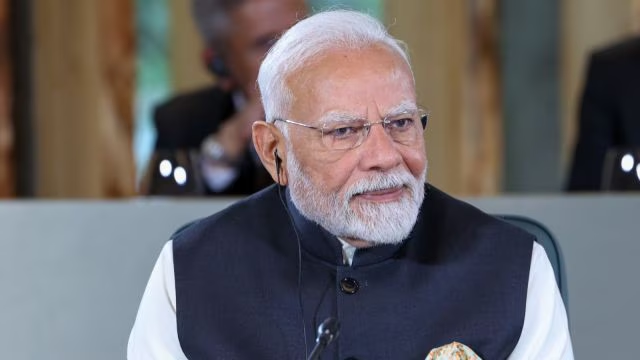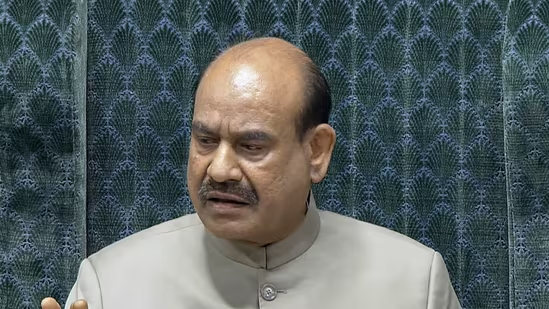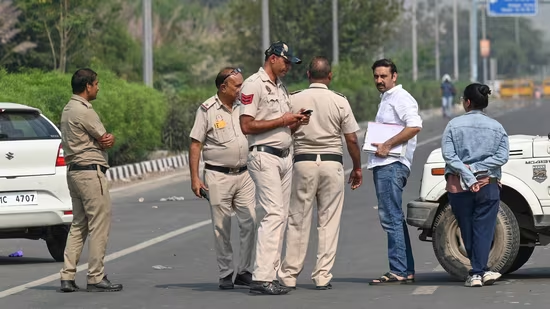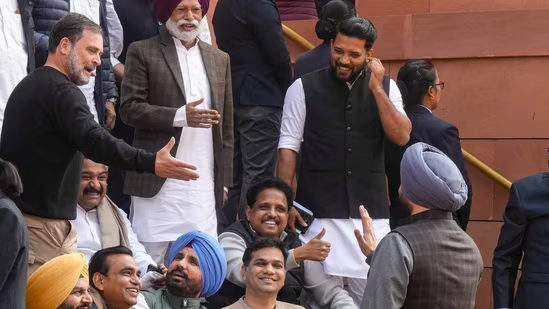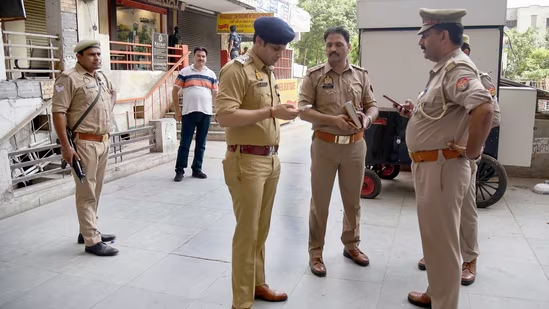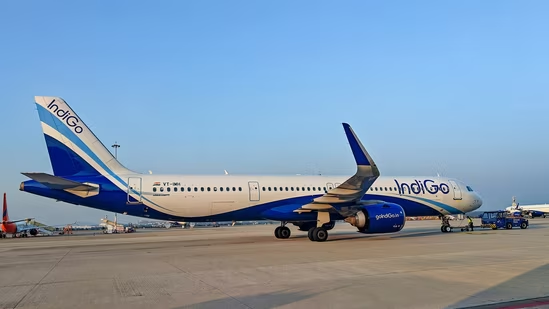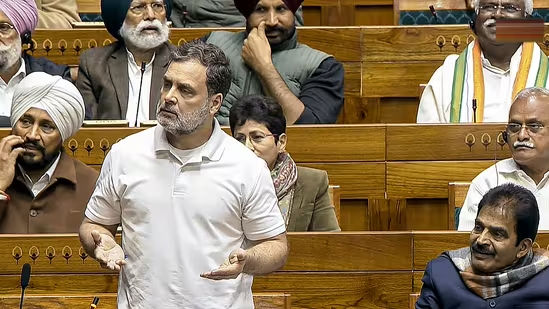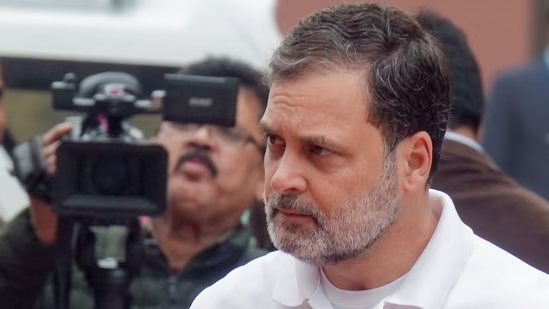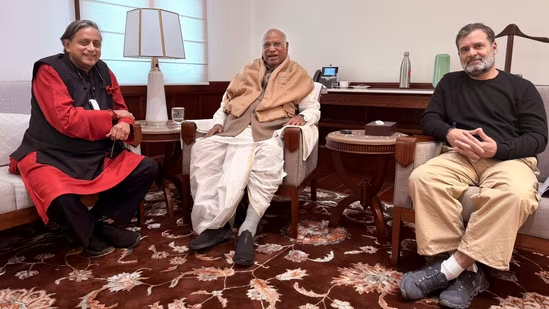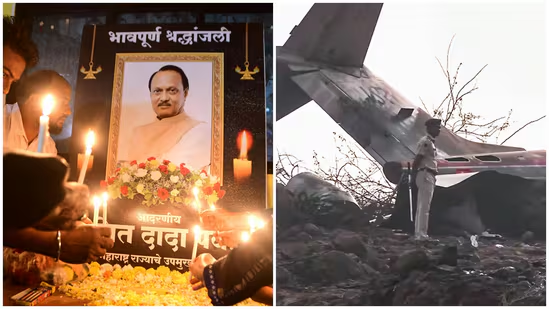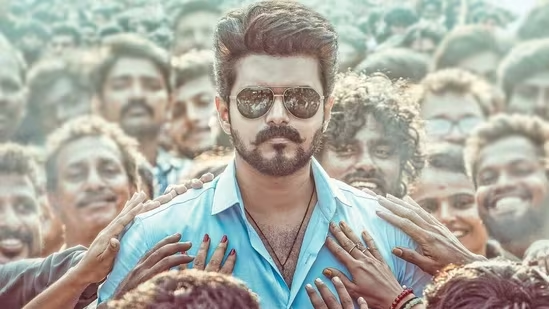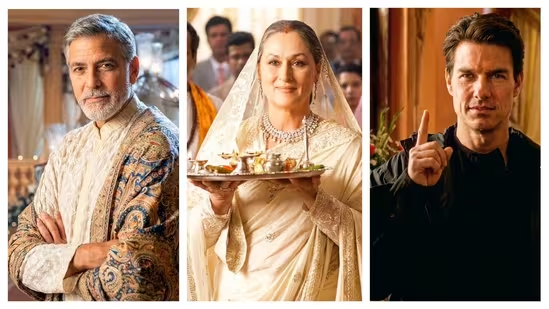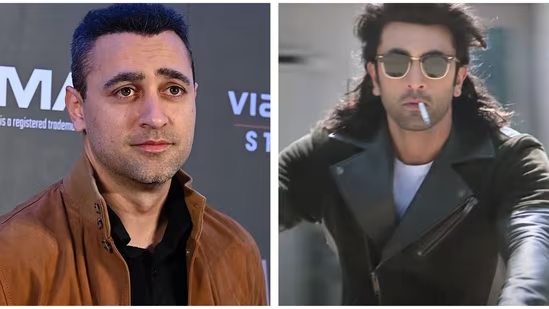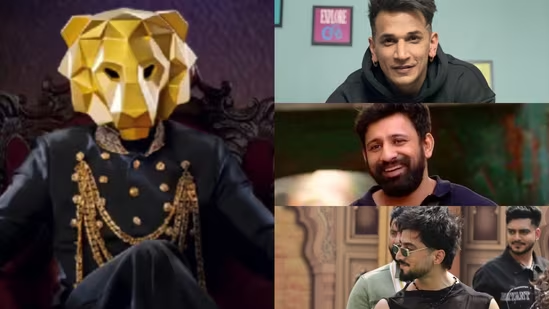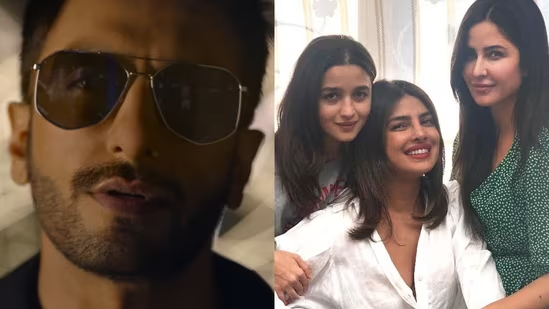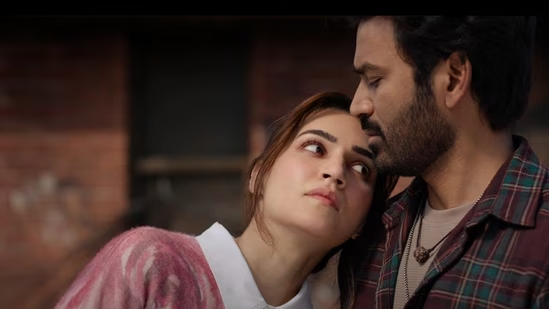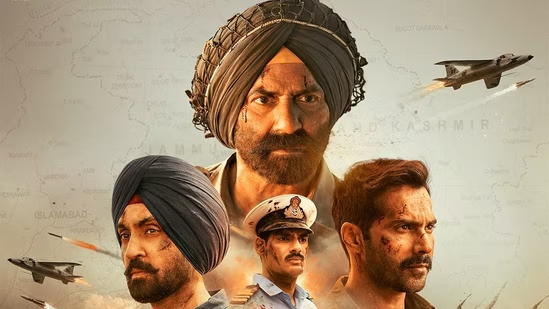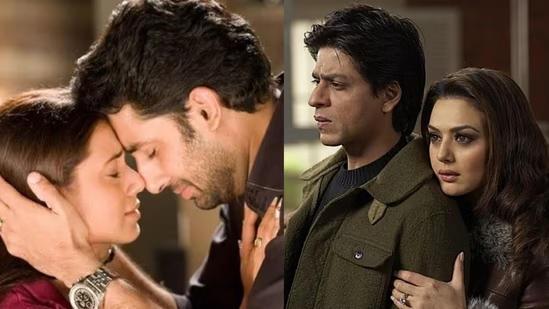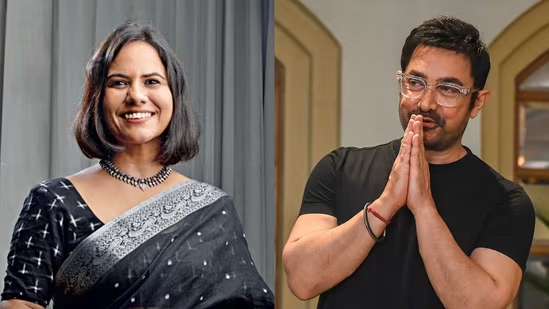Hours after President Donald Trump announced that Iran’s three main nuclear sites had been “obliterated” in US strikes, Tehran reached out to Delhi, with President Masoud Pezeshkian calling up Prime Minister Narendra Modi on Sunday.
In a post on X, Modi said he expressed “deep concern at the recent escalations”, and reiterated India’s call for “dialogue and diplomacy”.
“Spoke with President of Iran @drpezeshkian. We discussed in detail about the current situation. Expressed deep concern at the recent escalations. Reiterated our call for immediate de-escalation, dialogue and diplomacy as the way forward and for early restoration of regional peace, security and stability,” Modi said.
This was the first call between Modi and Pezeshkian since the start of the conflict. Israel has been in touch with India — Prime Minister Benjamin Netanyahu spoke to Modi, and Israel’s Foreign Minister Gideon Sa’ar spoke to External Affairs Minister S Jaishankar in the last 10 days. While Iran’s Foreign Minister Seyed Abbas Aragchi also spoke to Jaishankar earlier, this was a higher-level outreach from Tehran.
According to a statement from the Prime Minister’s Office, Pezeshkian briefed Modi “in detail” and “shared his perspective on the current situation in the region, especially the ongoing conflict between Iran and Israel.”
“PM expressed India’s deep concern at the recent escalations. PM conveyed that India was on the side of peace and humanity. In this context, PM emphasised the need for immediate de-escalation, dialogue and diplomacy as the way forward. He reiterated India’s support for early restoration of regional peace, security and stability,” the PMO said.
“Prime Minister thanked President Pezeshkian for the continued support being extended for safe return and repatriation of the Indian community,” it said. “The two leaders reiterated shared commitment to continue to work for strengthening bilateral cooperation in different areas including trade and economic cooperation, science & technology and people-to-people ties,” it said, adding that they agreed to remain in touch.
In October last year, on the sidelines of the16th BRICS summit in the Russian city of Kazan, Modi had met Pezeshkian — their first meeting after the latter became President in July.
India finds itself in a difficult spot in the Iran-Israel conflict, since it has vital stakes with both countries.
India and Iran have been working on the Chabahar port project, and the two countries share similar concerns on Pakistan and Afghanistan. Their shared concerns about treatment of minorities in these two neighbouring countries have brought them closer. They have also worked together on the International-North-South Transport Corridor. Both the Chabahar port and the INSTC are perceived to be crucial for enhancing regional connectivity and economic partnership.
Iran and India have also worked together in the Shanghai Cooperation Organisation summit, where Tehran’s membership into the grouping was facilitated by Delhi. India also played a role in Iran’s entry into BRICS grouping, and the two sides have often exchanged notes on China and Russia — especially since Beijing has made a strong outreach and an expanding footprint in Iran.
